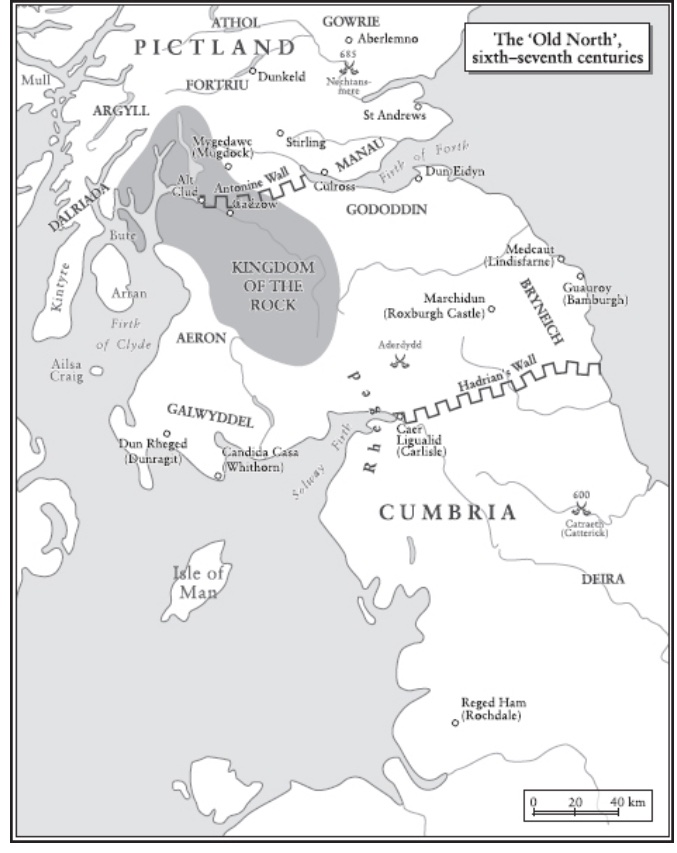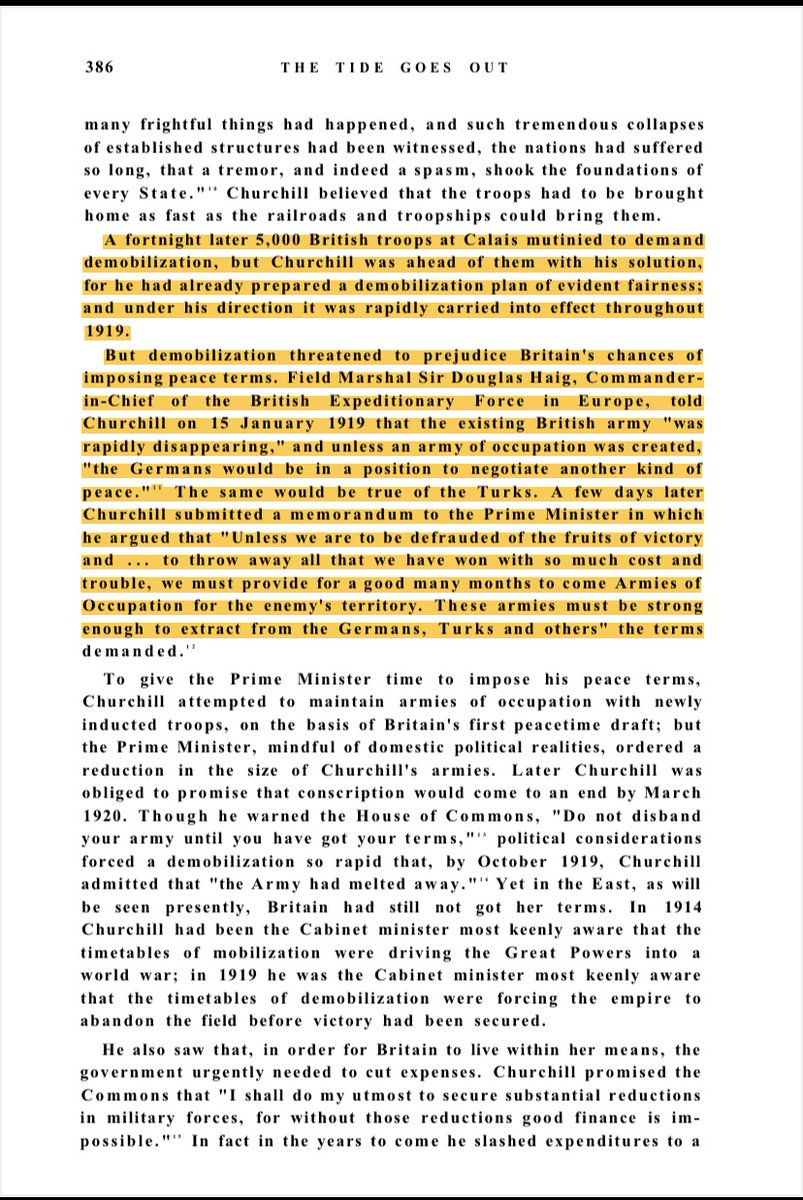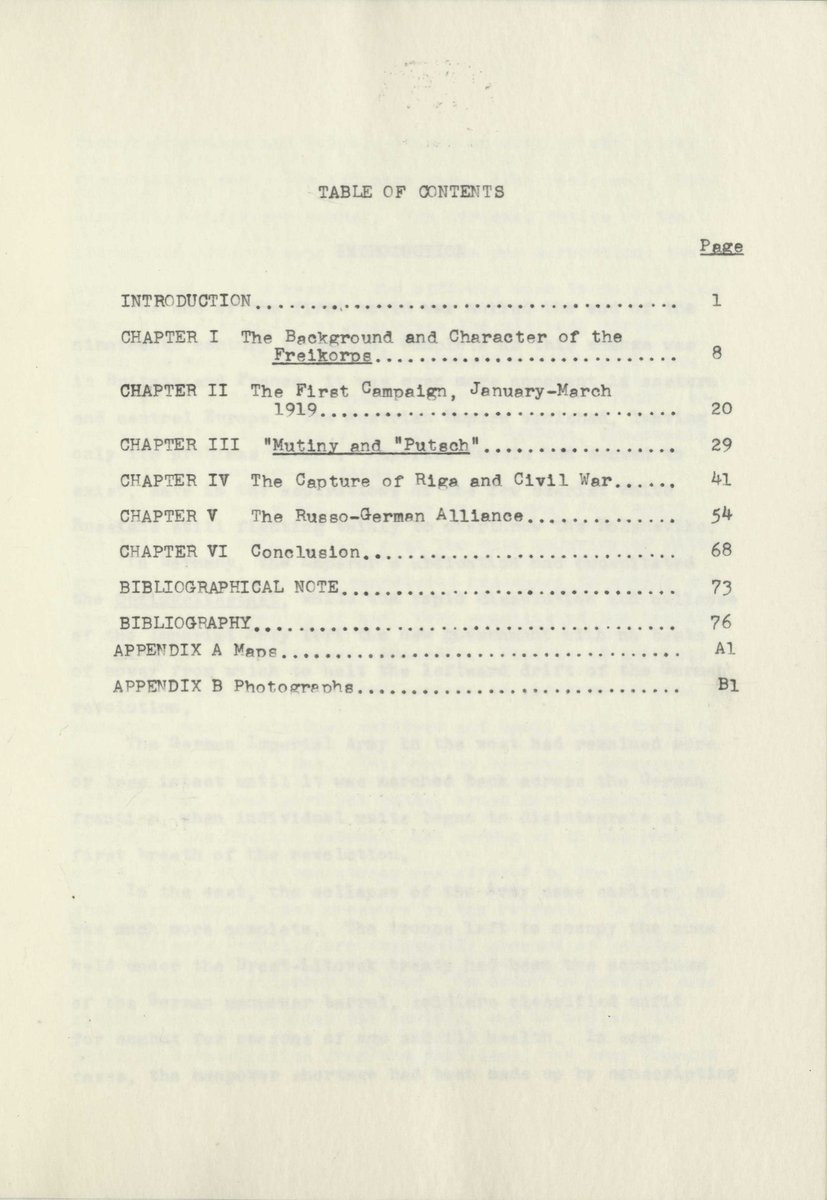
If you can endure the grave insults to Lithuania, I have to agree on what I’ve heard so far, I should have looked at this after reading God’s Playground and the Isles, since Davies’ ideas of state and national perishability are further fleshed out in VK’s intro. 

https://twitter.com/Horacethe1st/status/1446955681534386182


Davies is very pessimistic on the mid term future of the UK in “The Isles” seeing much of what created the Union as eroded. But you can see where he is coming from with his extensive quoting of Hugh Trevor-Roper
The Intro and Visgothic France have both been good.
The Intro and Visgothic France have both been good.

But I think his history of the Strathclyde or Dumbarton Rock kingdom is the best prose history that’s been written of the area in English. If it is not, it is still very worth the read/listen. And makes me wish his Isles had been a multivolume done in this style. 







I think Davies’ writing on Britain is a style that should be imitated by our side of things, he does quite a lot to demonstrate how a stationary population can remain genetically similar, but still undergo total fundamental cultural, linguistic, and “national” conversions.
He seems, at least for me, to be spelling out the tools of a post liberal national overhaul, and the methods that have worked in the context of the “peoples” of Britain and Ireland.
• • •
Missing some Tweet in this thread? You can try to
force a refresh






















